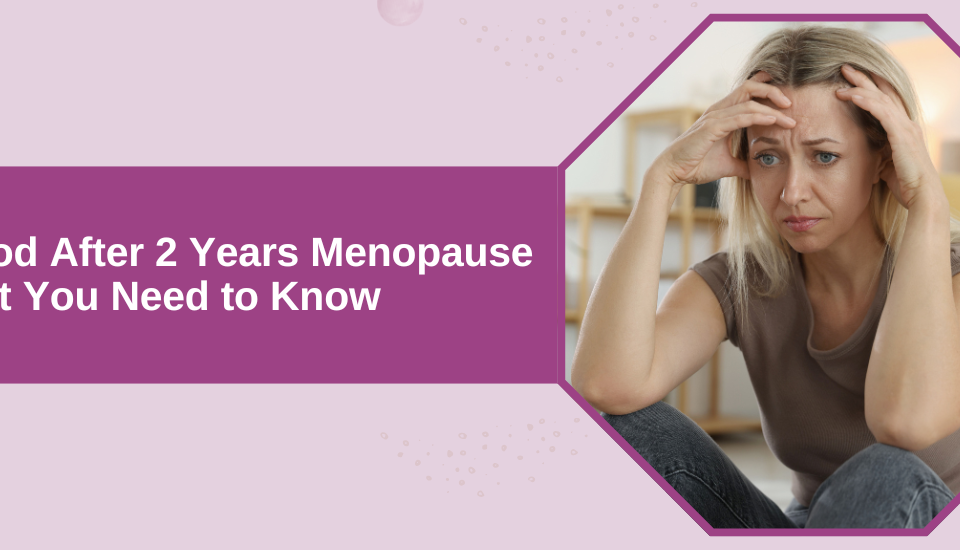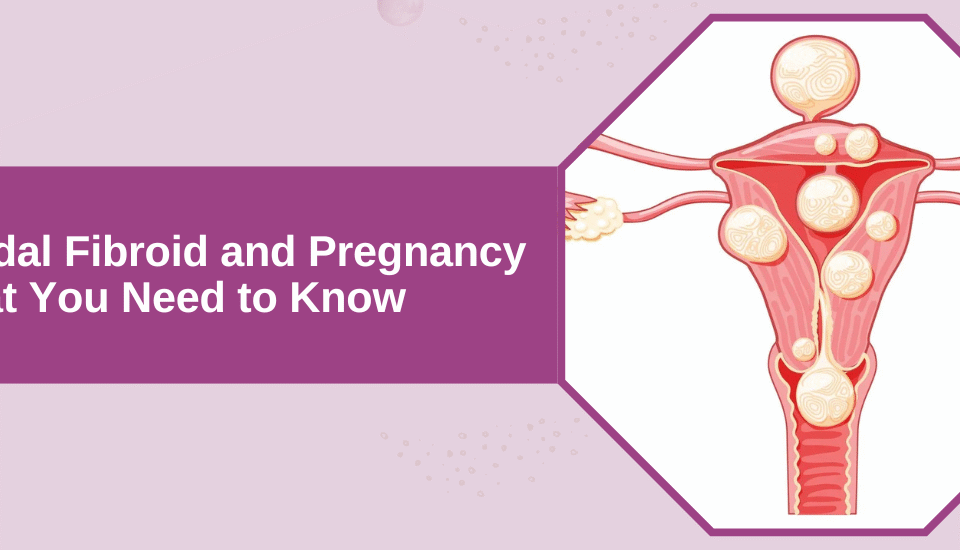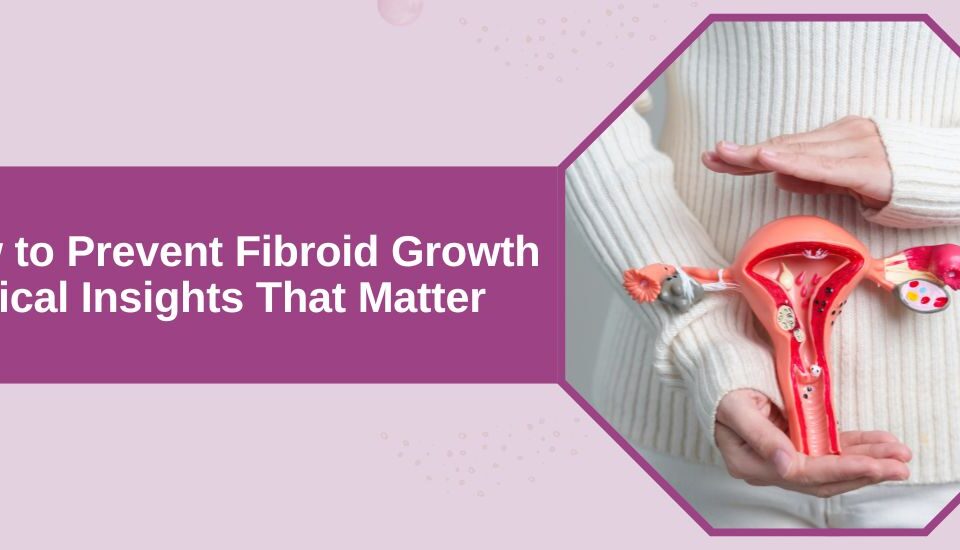- Have any questions?
- +91-98717 17305
- babiesandus12@gmail.com
12 Days After IUI No Symptoms: What to Expect During Your Two-Week Wait

Lower Abdominal Pain After 10 Days of IUI
April 15, 2025
No symptoms 15 days after IUI
May 23, 2025
The waiting period after IUI often feels slow and stressful, especially when you’re hoping for early clues. 12 Days After IUI No Symptoms-Around this time, many people worry when nothing feels different — but this is completely normal. Bodies respond in their own unique ways, and not noticing signs does not predict the outcome.
This guide breaks down why symptoms may not show up yet, what changes may still be happening internally, and how to stay grounded while you wait.
Why You May Not Notice Changes Yet
If you haven’t felt anything unusual at this point, you’re in good company. Many people experience no noticeable changes during this stage, and it has no link to whether the cycle was successful. Early signs depend on hormonal patterns, sensitivity levels, and how your body adjusts.
What’s Typically Happening Internally at This Stage

It’s very common to feel “nothing” around day 12. Implantation usually occurs anywhere between day 6 and day 12, and most people don’t feel it at all.
Some may not show early signs until weeks later or not at all, and still go on to have healthy pregnancies.
The presence or absence of symptoms doesn’t change your chances. A pregnancy test, taken at the right time, is the only reliable confirmation.
How Hormones Affect What You Feel

Hormonal activity varies widely. Progesterone and hCG — the hormones behind early pregnancy signs — rise differently for each individual.
Some people naturally don’t notice small bodily changes; others confuse mild sensations with medication effects.
Progesterone supplements can also mimic pregnancy symptoms, making it harder to tell what’s actually happening.
Age, health, stress levels, and experiences all play a role, so there is no one-size-fits-all symptom pattern.
What It Means When You Don’t Notice Symptoms
No noticeable changes at this point can mean several things and none of them are certain without a test. Implantation may have already happened quietly, or your body may simply not respond with early signs.
IUI success rates generally fall around 15–20% per cycle, so both possibilities (pregnancy or no pregnancy) are normal at this stage.
Testing too early may show a false negative, so waiting until the recommended window is the best approach.
What You Can Do While You Wait

Yes, having no symptoms 12 days after IUI is completely normal. Pregnancy symptoms are largely influenced by hormonal fluctuations, and every woman’s body reacts differently. Some women experience strong early pregnancy symptoms, while others may not notice changes until weeks later. Additionally, many early pregnancy symptoms resemble PMS (premenstrual syndrome), making it difficult to distinguish between pregnancy and an upcoming period.
When to Take a Home Pregnancy Test
Testing early often leads to confusion because hCG needs time to rise.
General timeline:
- Days 6–12: Implantation may occur, but hormone levels are still low
- Day 14: Earliest recommended day for home testing
- Day 16–18: Higher chance of an accurate result
Testing at day 12 may show negative even if you’re pregnant. Most home tests need about 25 mIU/mL of hCG to detect a result.
For best accuracy, test in the morning.
If day 14 shows negative but your period hasn’t started, test again after two days.
When to Take a Home Pregnancy Test
Your specialist is your key support person during this stage.
Reach out if you experience:
- Heavy bleeding
- Strong cramps
- Fever
- Questions about medications
- A positive home test (for blood test confirmation)
- A negative test and you want to discuss next steps
Many clinics schedule a blood test regardless of home results. If this cycle doesn’t work, your doctor can guide you on adjustments for the next one.
Managing Emotions During the Wait
This phase can feel draining. Symptom-spotting often increases stress and uncertainty. Mood shifts are also common due to hormones and worry.
Helpful approaches:
- Avoid overanalyzing small sensations
- Stay engaged with daily routines
- Talk to supportive people or join a community
- Prioritize self-care with sleep, gentle activity, and stress management
Remember: not noticing symptoms does not indicate failure, and having symptoms does not guarantee success.
FAQs
Can you have no symptoms after IUI and still be pregnant?
Yes! Many women have no signs and get pregnant. Some women take longer to show signs. No signs do not mean you are not pregnant. Some women do not feel anything until later. There are no symptoms of pregnancy until the first trimester for some women.
When should I take a pregnancy test after IUI?
Wait 14 days. This is the best time. Testing too early can give you a wrong result. A blood test is the best way to know.
Does implantation always cause symptoms?
No, implantation does not always cause noticeable symptoms like spotting or cramping. Many women never experience any implantation signs, yet still go on to have healthy pregnancies. Symptoms depend on hormonal fluctuations and individual body responses.
Can stress delay IUI success symptoms?
Yes, stress can impact hormone levels and delay or suppress symptoms. High stress levels can affect progesterone production, potentially reducing early pregnancy signs. Engaging in stress-reducing activities like meditation can help support implantation success.
What if I have no symptoms and a negative test at 12 days post IUI?
A negative test at 12 days post IUI might be too early. Test again at 14 days post IUI for a more reliable result. If the test is still negative, consult your doctor for further evaluation.
At Babies and Us IVF center in Mumbai, we understand the challenges couples face in conceiving their children. Learn more about the IUI process and connect us to schedule a consultation today!
References:
Here are two relevant outbound links:




